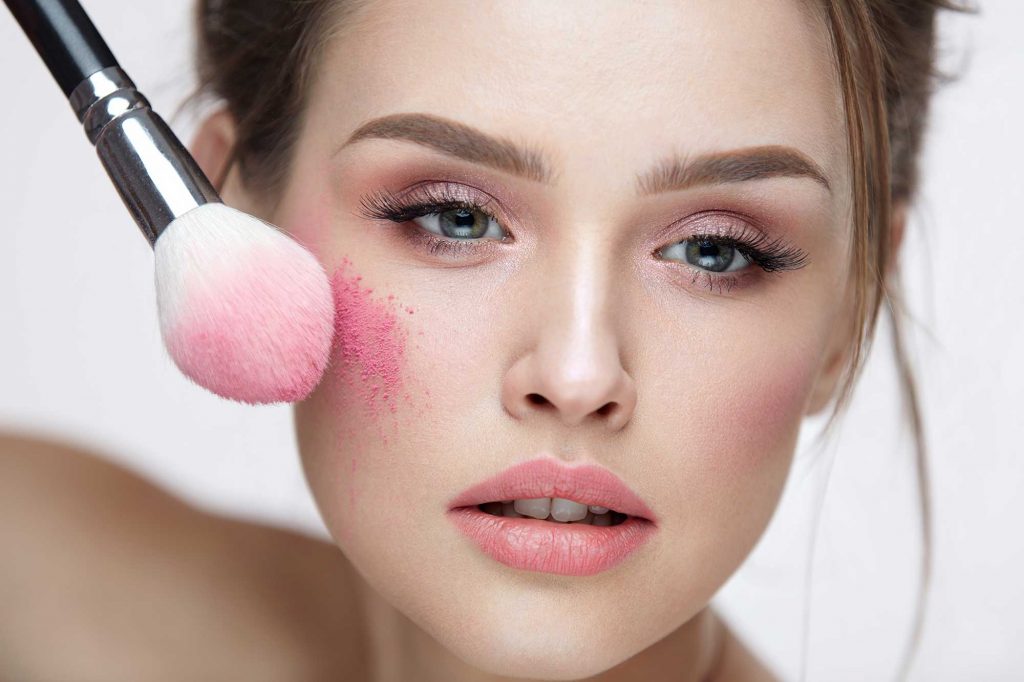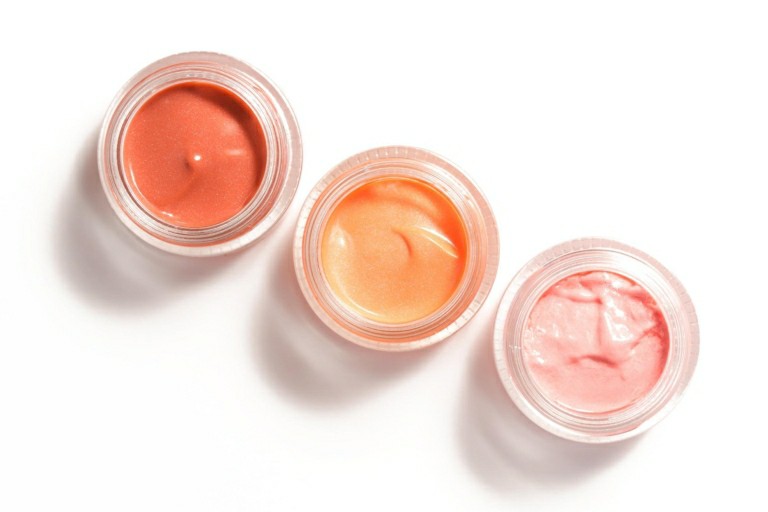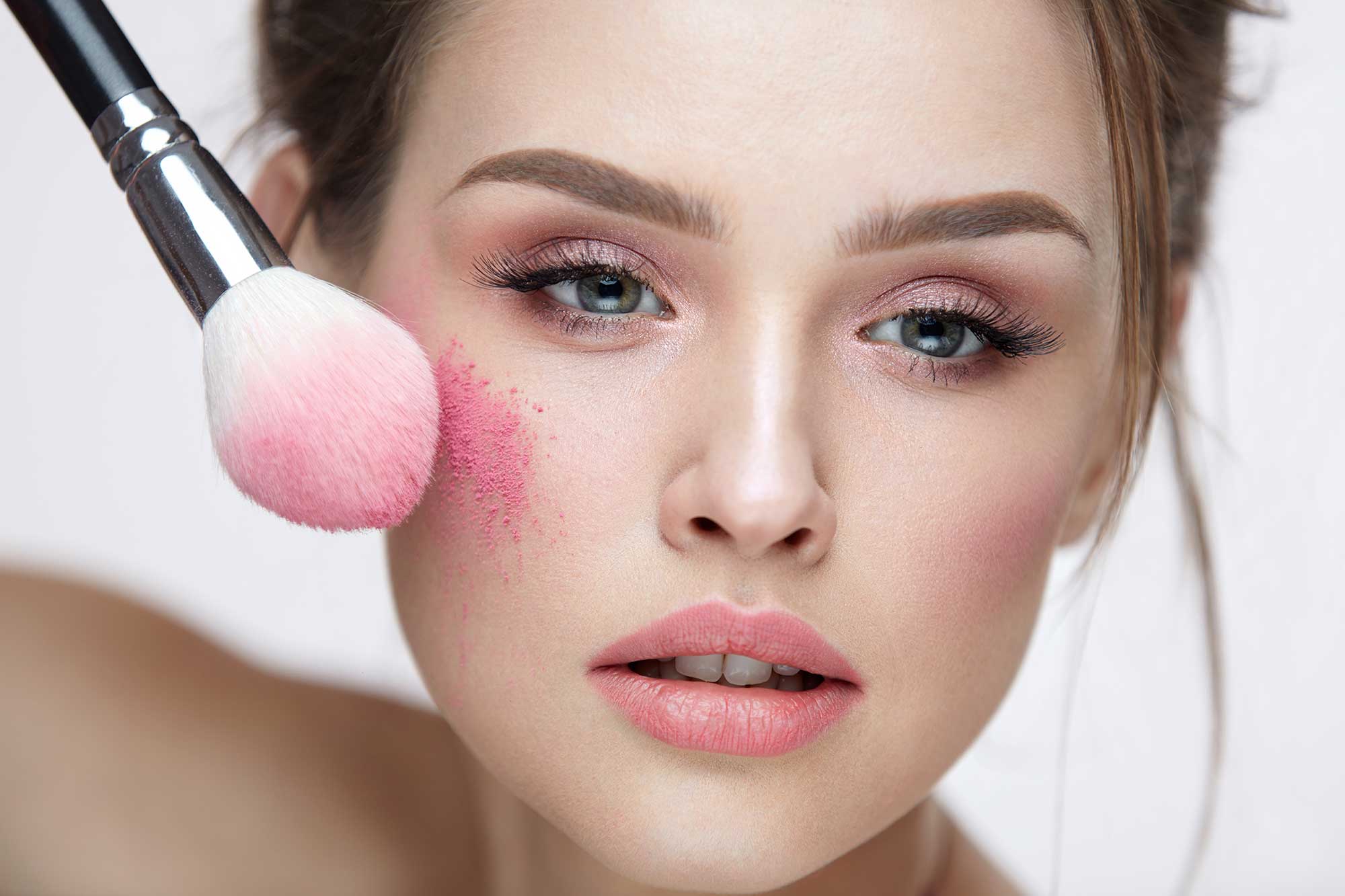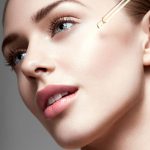At Curology, our goal is to make you feel comfortable in your skin through effective skincare treatments and expert guidance. The decision to wear makeup is entirely your own – if it makes you feel good, we recommend you choose to wear it!
That said, some additional guidance can help you find the best makeup routine for you. When picking the best makeup products for you, you’ll want to choose formulas that suit your skin, lifestyle, and usage preferences. There’s no one way to do makeup (that’s part of the fun of makeup!) , but if you’ve ever wondered whether you should use a cream blush or a powder blush to add a pretty pop of color to your cheeks, we’ll help you choose the right makeup routine for you.

What is blush powder and why should I use it?
Blush powder is the powdered blush that the label says it is. It comes in matte and shimmer formulas.
Powder blush looks softer compared to cream blush. It builds up slower on the skin so you can add it gradually. Powder blushes also usually feel lighter on the skin. If you have oily, acne-prone skin or large pores, powder blush would be a good choice.
How to use blush powder?
Using blush powder is simple. Dip an angled, fluffy makeup brush into the blush powder, shake off the excess powder, and apply it to your cheekbones. Don’t get a lot of powder on the brush at once. It’s best to start with a little and then add as needed.
What is cream blush and why should I use it?
Cream blush is – you guessed it – blush in cream form. It gives a bright finish.
Many cream blushes contain moisturizing ingredients that help hydrate the skin, giving it a fresh, dewy finish. This is why cream blushes are better for dry skin. Nonetheless, this does not mean that cream blushes cannot be used at all on combination or oily skin. To be on the safe side, just make sure that the blush formula does not contain acne-causing ingredients.
How to use cream blush?
Cream blush is versatile. You can apply it to your cheeks, nose, chin and forehead for a “sun-kissed” look. The best way to apply this product is to gently flick it on with a sponge or even clean fingers. You can apply a small amount of blush to the back of your hand before applying it to your face so that you don’t apply too much.

Should you choose powder blush or cream blush?
Now that you know the basics of these two types of blushes, let’s explore the differences between cream blushes and powder blushes in more detail. There are three main areas: texture, pigmentation and application.
Powder blushes are usually suitable for oily or acne-prone skin. On the other hand, cream blushes are usually suitable for dry skin. Nonetheless, oily skin can also use non-comedogenic cream blushes.
Another difference to note is that cream blush formulas tend to have higher color development than powder blushes. The color of cream formulas usually looks very intense. However, once blended well, it mimics the texture of the skin and gives a more natural look than powder products.
Which blush lasts longer depends largely on your skin type. When using a powder blush on dry skin, using a makeup primer may help ensure longevity. On the other hand, oily skin tends to “dissolve” cream blushes. In this case, applying a powder blush or translucent powder over the cream blush will help set the makeup.
Both blushes should be applied in daylight (or at least in a brightly lit room) whenever possible to ensure optimal results. Finally, you can use some highlighter above your cheekbones for a brighter complexion.
Makeup looks better when your skin is pampered
Whether it’s blush cream or blush powder, the golden rule is to choose the look and feel that works best for you. Picking the right product is a process of trial and error, so don’t stress too much if it takes you a while to find the best blush for you.
That said, one of the best ways to improve your makeup is to make sure your skin is taken care of. If you have acne, rosacea, hyperpigmentation, or unwanted signs of aging, Curology can help.Founded in 2014 by a board-certified dermatologist, we offer personalized prescription formulas to address your skin concerns.


